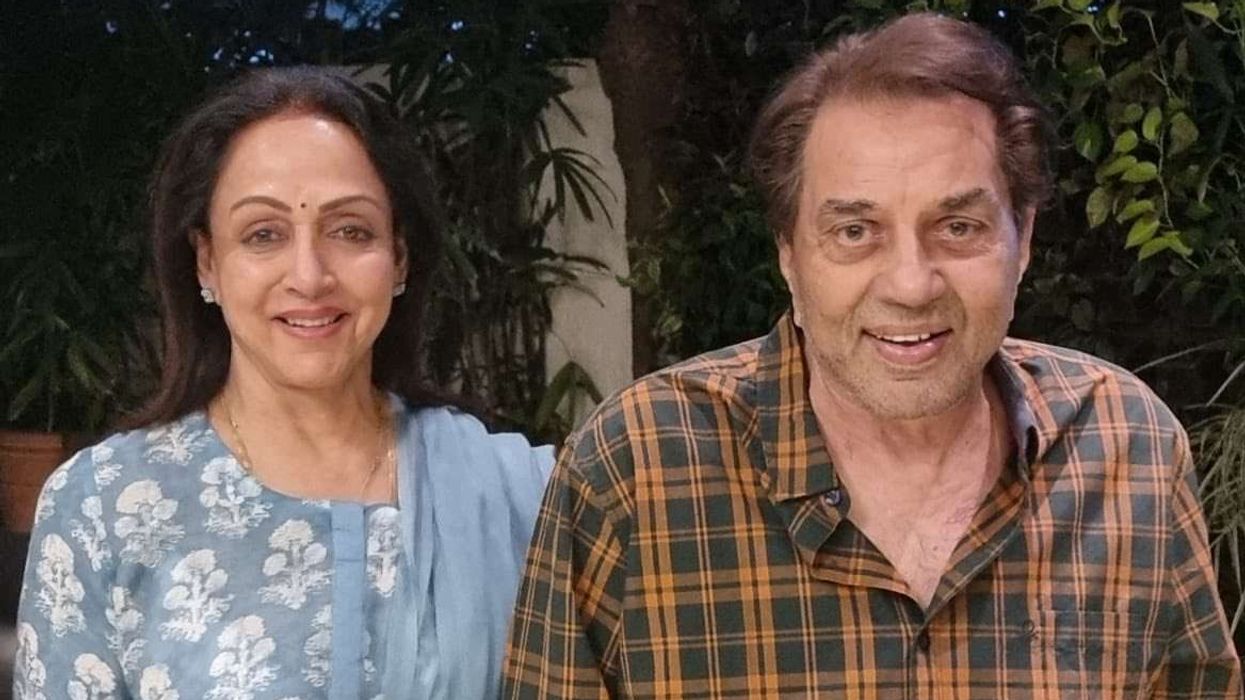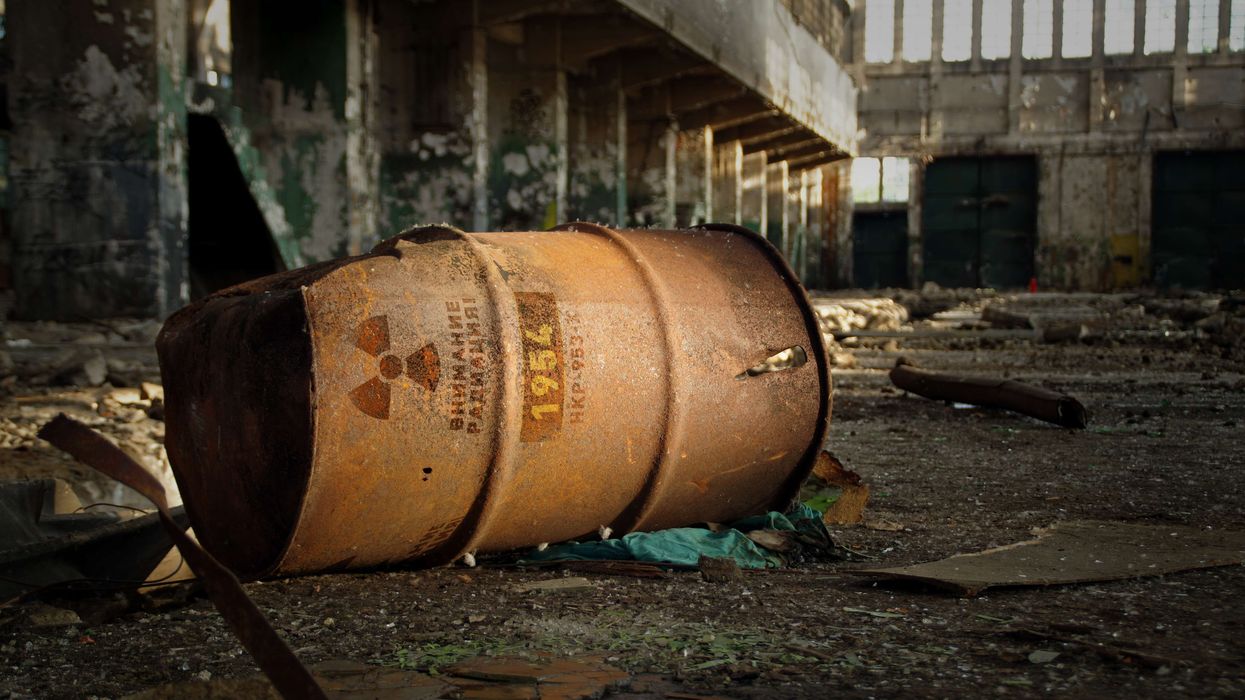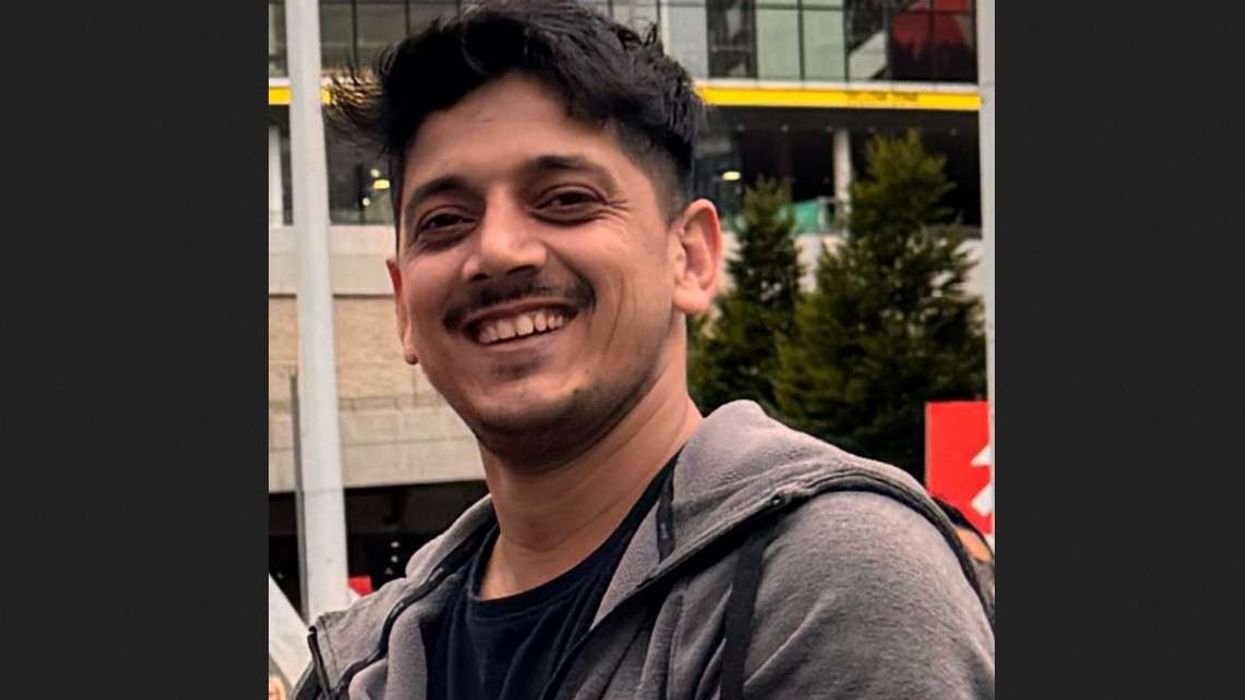LOOKING to the Labour party ranks, Lisa Nandy is surely one of the most recognisable to voters.
Following Labour’s disastrous performance in the 2019 general election, Nandy made headlines when she confirmed that she was standing in the leadership race to replace Jeremy Corbyn.
The party had never had a female leader before and Nandy looked to be a strong candidate for the role, having secured backing from a raft of prominent lawmakers, including Jess Phillips, Jon Ashworth, Stella Creasy and Melanie Onn.
“We need to think seriously now about first of all how you bring those lifelong Labour voters – who felt that they not only couldn’t vote Labour but actually in many instances chose the Tories – how you bring Labour home to them,” Nandy said at the time.
Despite promising to lead a “compassionate, radical, dynamic government that (she) firmly believes most people want and deserve”, Nandy came in third place with 16.3 per cent of the vote, behind Sir Keir Starmer (who eventually won the leadership race) and Rebecca Long-Bailey.
Not long after his election as leader, Starmer appointed Nandy as shadow foreign secretary in his shadow cabinet. “It’s a real honour to be tasked with leading Labour’s foreign policy response in these difficult times,” she said, shortly after her appointment in April.
In addition to her politics, Nandy is famous for her no-nonsense approach too. She has slammed her own party’s handling of anti-Semitism allegations; expressed her preference for US president-elect Joe Biden over Donald Trump and criticised Russia’s record on human rights and the Salisbury poisoning in 2018.
She even challenged journalist Piers Morgan on live television last January, after he claimed the press coverage of Meghan Markle was not racist. “If you don’t mind me saying, how on earth would you know? As someone who’s never had to deal with ingrained prejudice, you’re not in a position to understand people who have,” she said.
Born in August 1979, Nandy was brought up by her British mother and Indian father in Manchester. Her father Dipak Nandy was the founder and first director of the race equality thinktank Runnymede Trust and her mother Louise was a Granada television producer.
Spending most of her young life in Manchester, she later relocated to Bury during her teen years where she attended Holy Cross College. After graduating from Newcastle University in 2011 with a politics degree, she obtained a master’s in public policy from Birkbeck, University of London.
Subsequent to her graduation, Nandy worked as a researcher and care worker for Labour MP Neil Gerrard before working in several positions across the voluntary sector.
Nandy served as a Labour councillor for Hammersmith Broadway from 2006 until 2010. She was elected as the Labour representative for Wigan in 2010 with 52.2 per cent of the vote, becoming one of the first British Asian MPs.
Since her election, she has held a number of shadow cabinet roles, including shadow children’s minister (2012), shadow charities minister (2013) and shadow energy secretary (2015). She resigned from the latter in 2016, blaming the then-newly elected Jeremy Corbyn’s leadership.
Although she originally backed Remain during the EU referendum in 2016, Nandy went on to support then-prime minister Theresa May’s Brexit deal. She credited it as the “only way” to get Brexit done.
However, she later expressed regret that she did not vote against a referendum in the first place. In December, she said: “The big mistake I think I made, to be honest, was voting for that referendum without any kind of safeguard or guarantees. I didn’t actually vote for it because I didn’t agree with it, but I should have voted against it.
“That’s one of my biggest regrets. I abstained in the end out of deference for the party, and I argued against it, but I just think that we put the British public into an impossible position.”
In 2017, Nandy followed in her father’s footsteps and set up her own think-tank – the Centre for Towns. It was created to ensure priority is given to the viability and prosperity of Britain’s towns, the 41-year-old said. She is mother to a young son, born in 2015.







